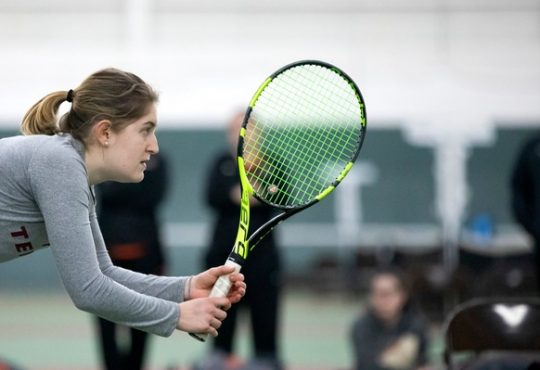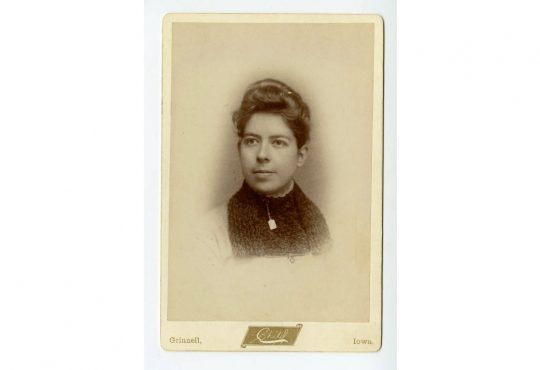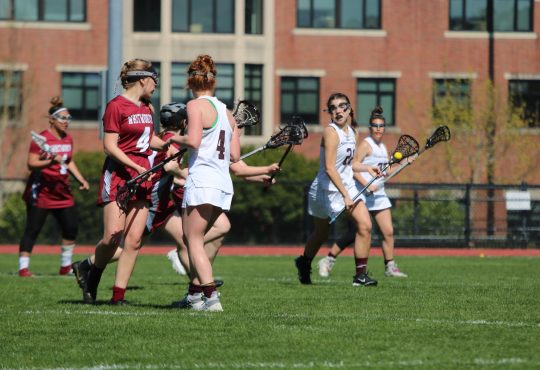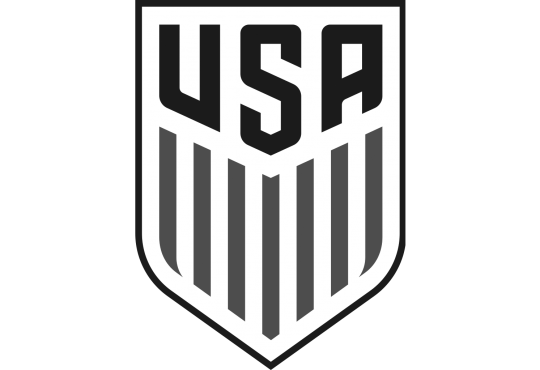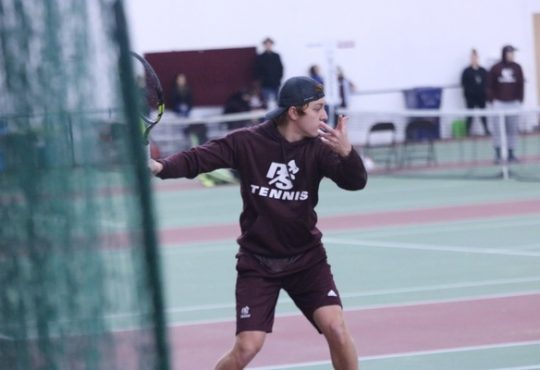
In a press conference on April 4, Muffet McGraw, Notre Dame’s head women’s basketball coach, said, “We don’t have enough visible women leaders. We don’t have enough women in power.” A video of the interview was published on the National Collegiate Athletic Association (NCAA) women’s basketball Twitter account. The interview question was prompted by her statement “to never hire another male coach for her staff.”
Without question, the discrepancy of women in leadership positions within all areas of sports is immense. Within the Northwest Conference (NWC), a considerably liberal area of the United States, four of the nine athletic directors identify as women. At the University of Puget Sound, only two of the head women’s sports — lacrosse and softball — are coached by women.
Puget Sound athletic director Amy Hackett described the small pool of women to choose from when hiring. “It should always be part of the conversation. Is it an easy process to create more balance? … No, for a number of reasons. But athletic directors are always looking for a stronger gender representation among staff,” Hackett said.
In the last 20 years, the salary change in women’s sports has increased competition in the field of coaching women’s sports. After this salary change, men recognized the financial benefit and started shifting their attention towards women’s and men’s sports.
Emery Bradlina, a senior cross country and track and field athlete, is coached by a man in both her sports. She reflected on McGraw’s comments regarding critical gender equity in athletic positions of power.
“I think a key point that she makes is that the discourse of the ideal, contemporary, gender equitable athletic arena pointing to progress through Title IX, or the ‘first female governor,’ and all the other examples she gives, is inherently at odds with the broader ideological discourses that socialize the predetermined gender roles she mentions,” Bradlina said.
Bradlina is referring to McGraw’s statement that women in power need to become a societal norm rather than a surprise.
Hackett recognizes the immense steps society has taken towards growing “the industry of women’s coaches.”
“The NCAA and other organizations have been trying to grow the market,” Hackett said.
Puget Sound head softball coach Kellyn Tate is one of the two woman-identifying coaches who coaches a women’s sport. She described the power of woman-to-woman mentorship relationships.
“I have often thought I could do a better job of supporting women; I think about that in all realms of sports. I think women need to do a better job of supporting one another, which is why we need to better educate the future,” Tate said.
All three interviewees recognized a pattern that may describe the discrepancy with women leaders in sports. Society often stereotypes the “normal” American family household as a stay-at-home mom and a working father. This working father often coaches his son or daughter as a young child. As Coach Tate said, “Girls are used to growing up being coached by men.”
Some may argue that because of these societal stereotypes the discrepancy of gender in sports leadership roles is increasing.
“I think it is this naturalization of the binary gender roles that continues to reaffirm ‘masculinity’ as more equipped to embody successful leadership regardless of which gender is being led,” Bradlina said.
As this conversation continues, people like McGraw, Hackett, Tate and Bradlina hope that these stereotypes diminish. For now, as Coach Tate said, “My number one goal is to help mentor other women into mentors by supporting one another.”

